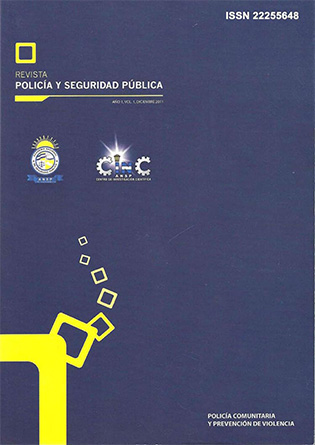Police Training in El Salvador: Challenges and Opportunities in Promoting the Community Police Model
DOI:
https://doi.org/10.5377/rpsp.v1i1.1390Keywords:
public security, community police, police trainingAbstract
The Peace Accords emphasized creating a new police force that would be diametrically opposite to previous security forces. This change would have to be expressed symbolically, and from the onset it would have to underscore the fact that the main weapon of the police would be intelligence. From its foundation to June 2011, a total of 30,344 people have graduated from the Academy. Currently, in the process of training new police with greater quality, and modernizing the entire police force, it faces the difficult challenge of adopting the Community Police philosophy to empower this model for action, promoting a new relationship between community and law enforcement, and between managers and operational personnel in the agency. Nevertheless,police training is not enough if there are no significantchanges in the organizational climate and culture within the law enforcement agency.
Downloads
1659
Downloads
Published
How to Cite
Issue
Section
License
Copyright on any research article is transferred in full to Revista Policía y Seguridad Pública upon publication in the journal. The copyright transfer includes the right to reproduce and distribute the article in any form of reproduction (printing, electronic media or any other form).

